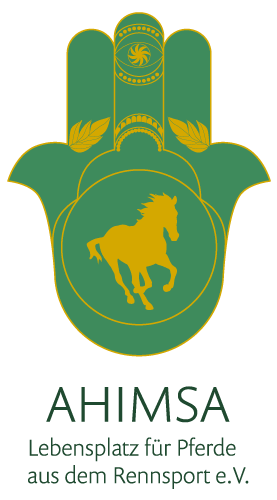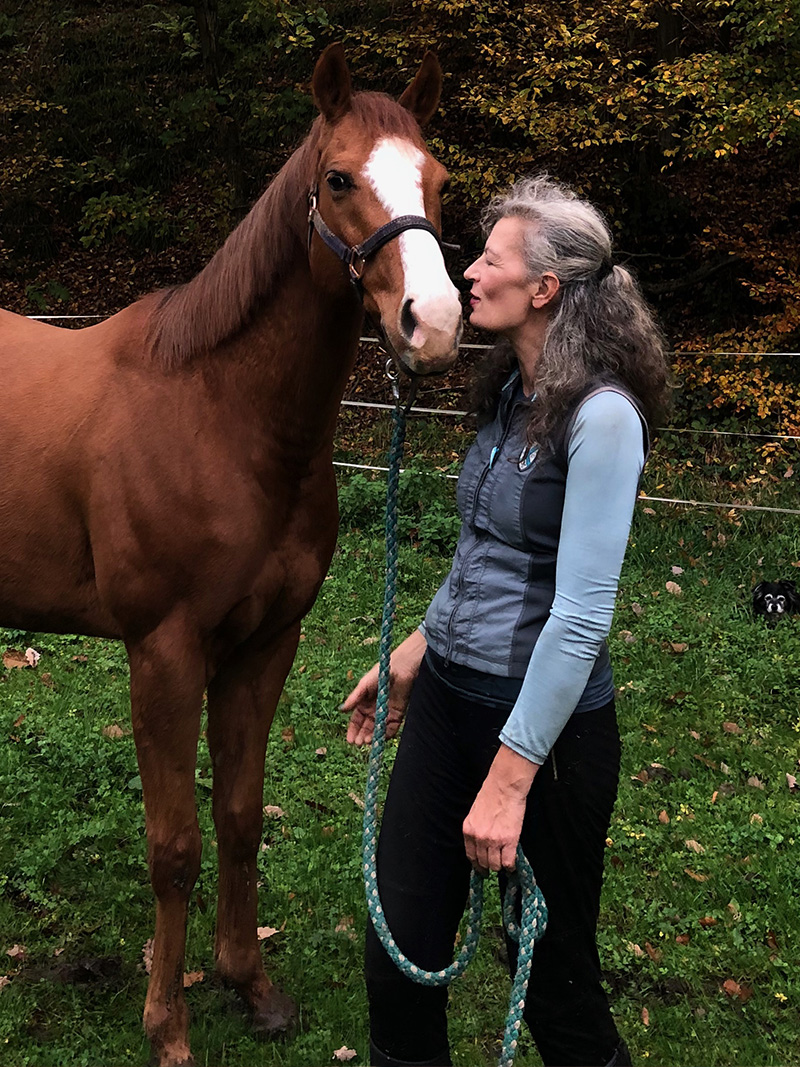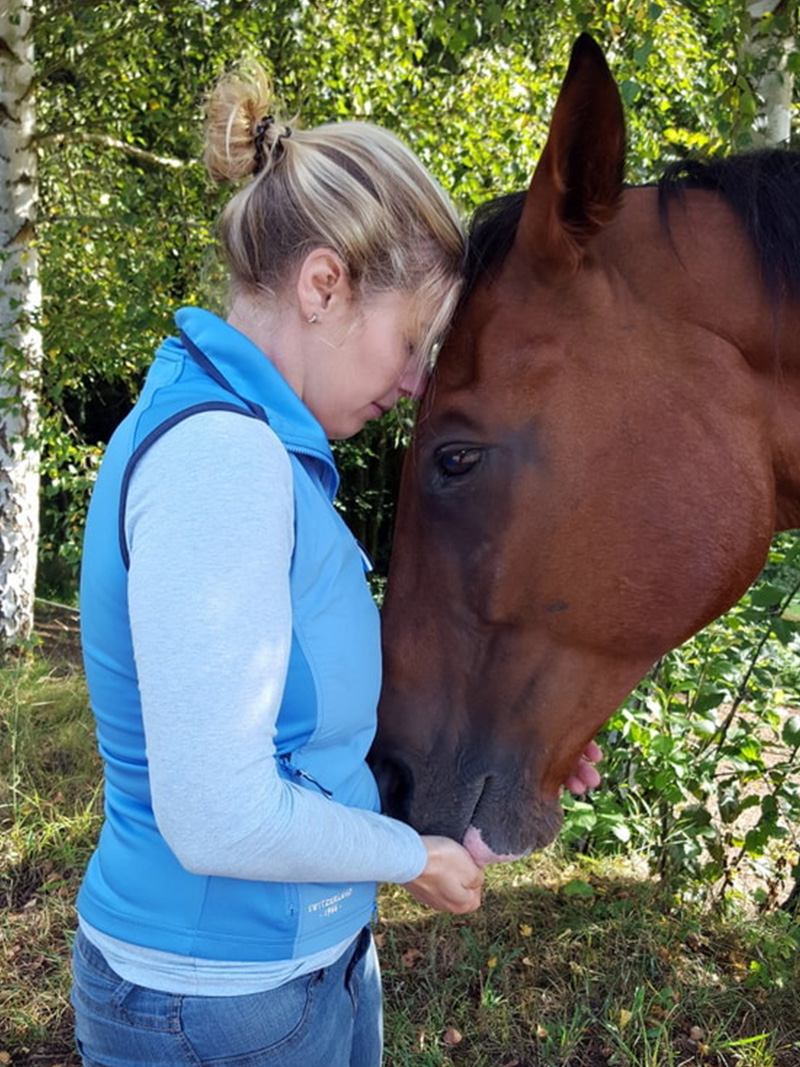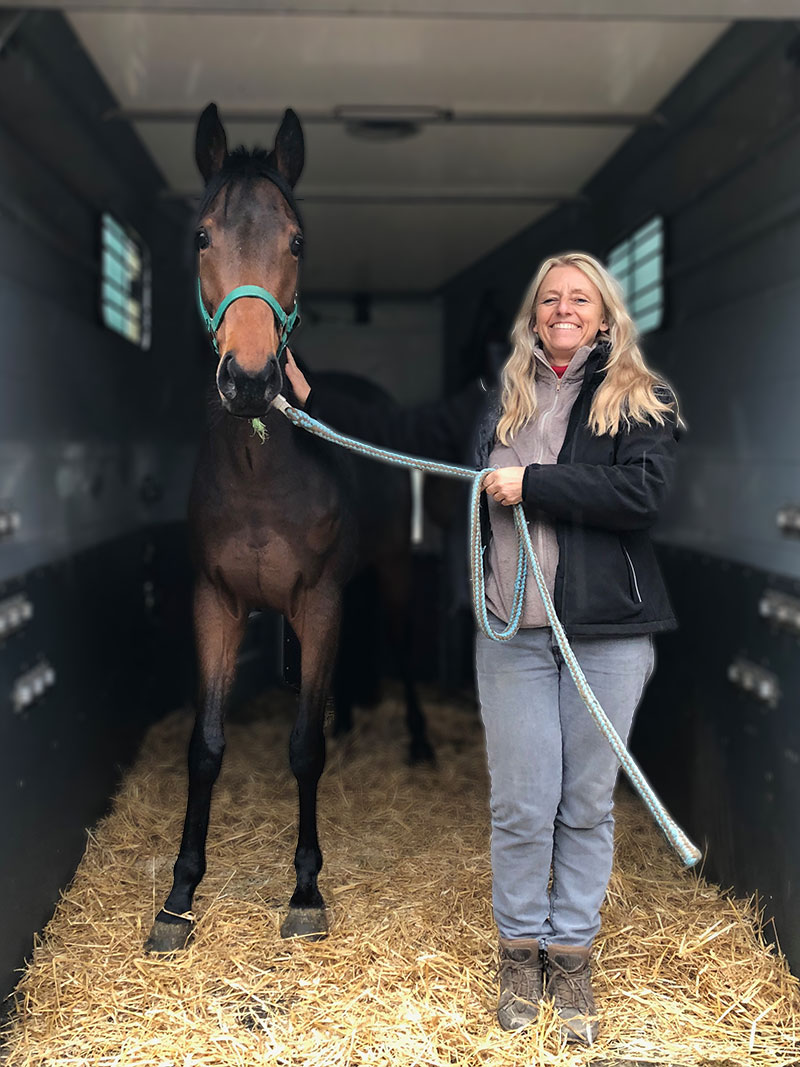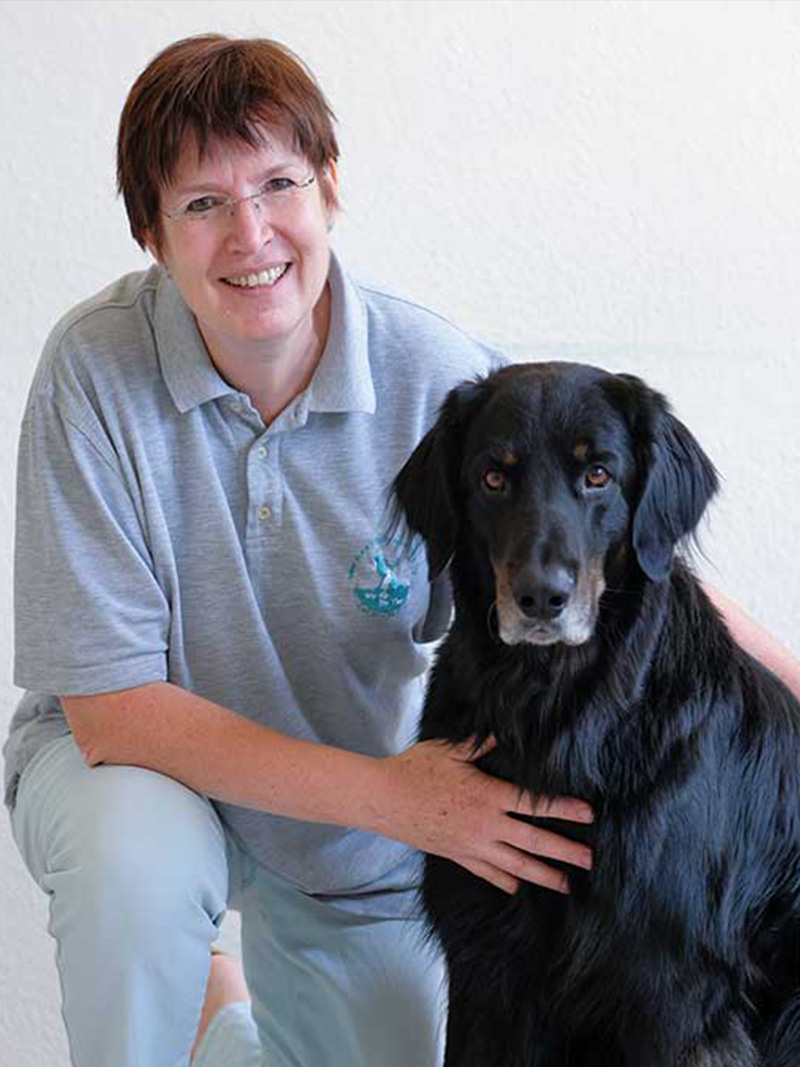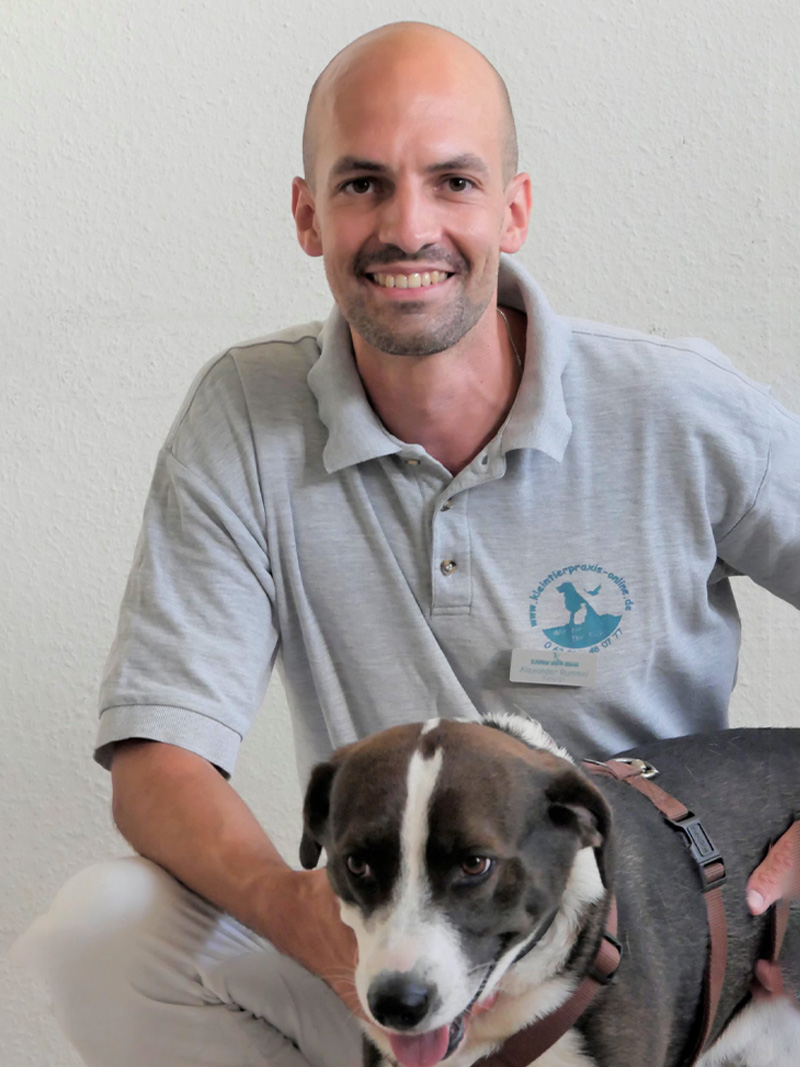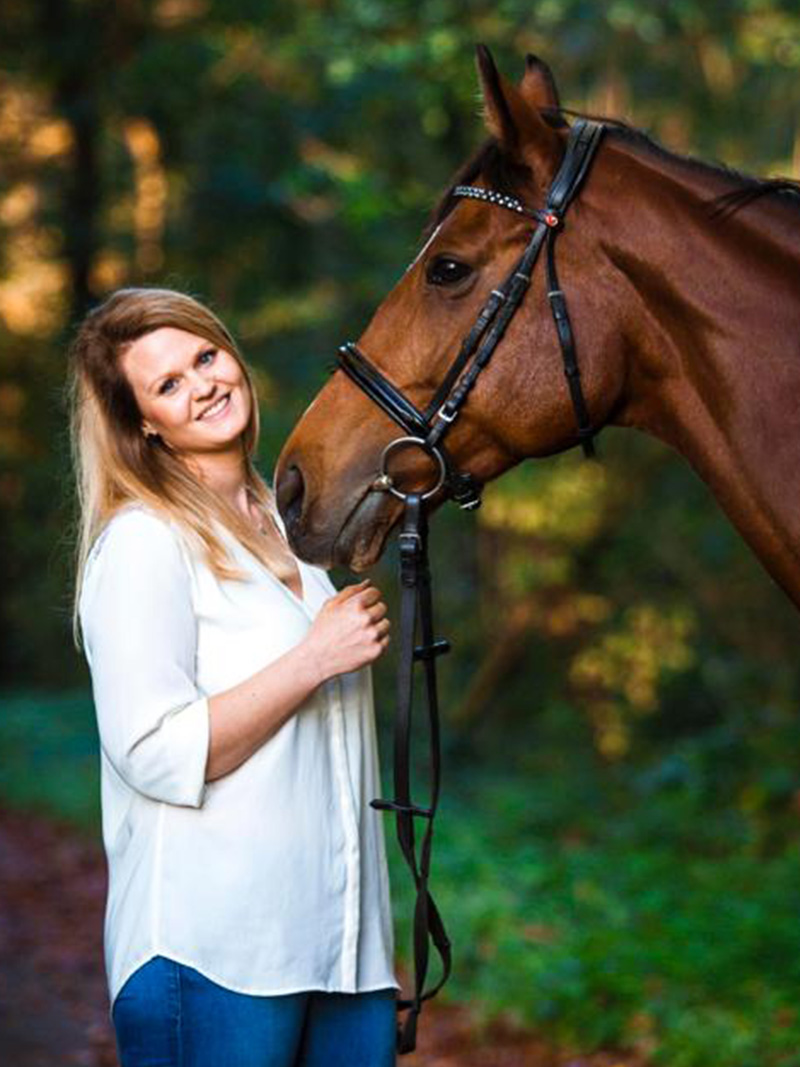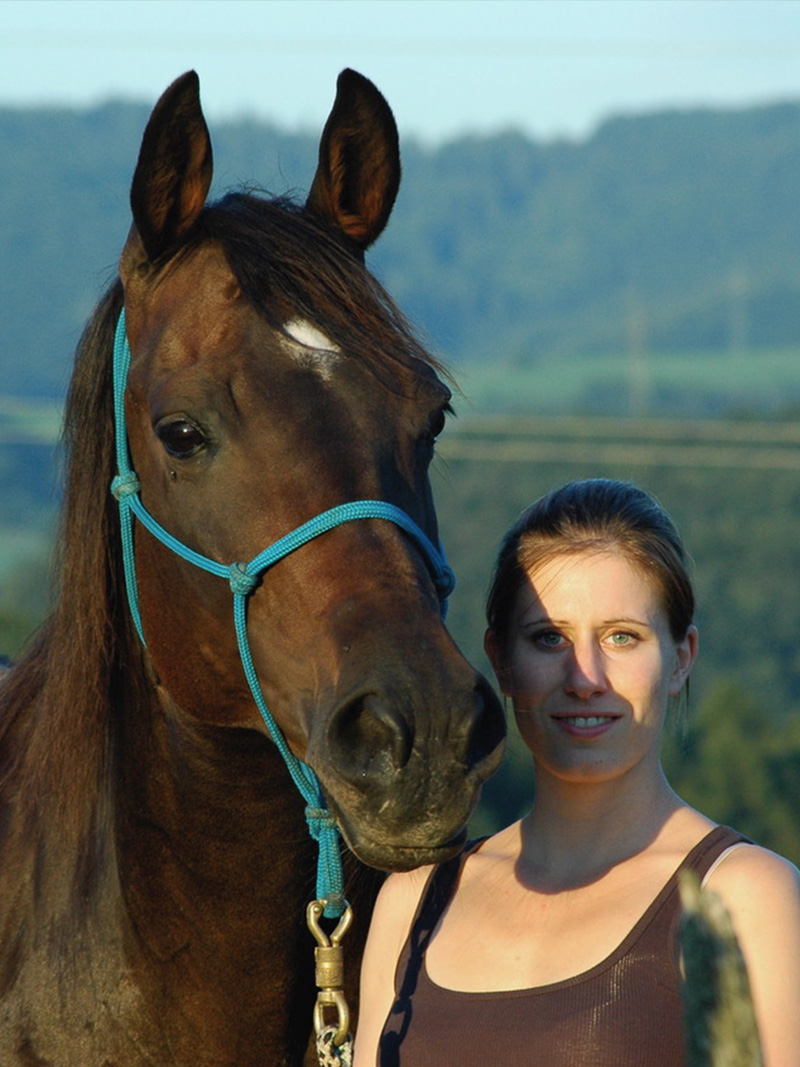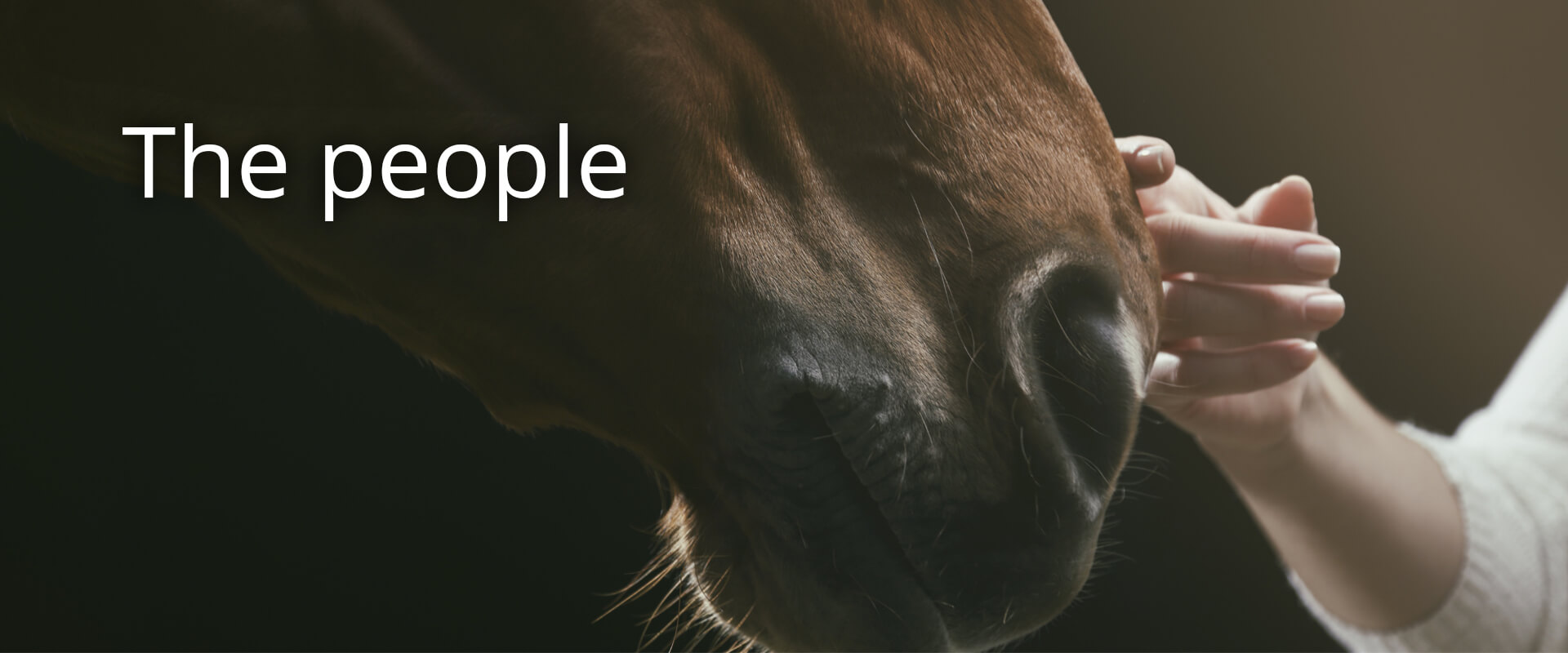
The horse comes first. Always.
This does not mean that we allow to be run over or stepped on. But it does mean that we don’t put our needs above those of the horse.
What is best for the horse is not necessarily what is required of it.
We have the privilege of not having to demand anything from the horses. No sporting achievements, no competition, no pressure of expectation. We take our time. They don’t know that and it amazes them. Once they have internalized it, they can relax.
Expecting nothing and getting more than you could have imagined: That is our greatest gift.
Dr. Annely Putz
1st Chairwoman Ahimsa
The most important thing for me is to be a representative of the horses’ needs, of these large, gentle and usually far too tolerant animals.
Far too often, long and quietly endured suffering is misinterpreted as unriddenness, laziness or, if the horse starts to resist, as malice, although in most cases there is a reason.
If you cannot see the reason at first glance, it is always worth taking a closer look.
It is not uncommon for horses to suffer from chronic pain, for example due to stomach ulcers, blockages or numerous other triggers.
Dorothea Weber
2nd Chairwoman, Veterinarian
They are considered the fastest horses in the world, bred for the racetrack. Above all, they are horses. As highly social herd animals, life in the company of conspecifics gives them security and psychological stability. Only by living together with other horses can the horse show and develop its personality. No human, not even the best horseman, can replace a horse’s companionship with its own kind.
Anne Bachmaier
Member of the Executive Board, Treasurer
Recreational athletes who are interested in an ex-galloper as a riding horse are specifically looking for healthy animals. We, on the other hand, have decided to take in horses that do not have this opportunity. We provide the best medical support and care for horses that are difficult or impossible to place. In most cases, we are able to restore them to full health. Where this is not the case, we can restore and maintain quality of life.
Dr. Claudia Veit
Veterinarian, member of the Executive Board
It is important to us to provide the horses with a living space that meets their species-specific needs as closely as possible. In well-kept open stables on spacious paddocks in the countryside, without noise, in clean air, without hectic. The environment in which the horses spend time every day is a decisive factor in restoring their physical well-being.
Alexander Rummel
Veterinarian, member of the Executive Board
Ten years ago I took over my thoroughbred mare Never Tell from the racing business and she has been a great enrichment in my life. In the initial phase, she had to overcome a few health hurdles: her stomach ulcers had to be healed, she had meniscus damage and was lame on all four legs during the flexion test. Over time, her condition stabilized and, looking back, the period of intensive care proved to be the basis for an intensive relationship full of trust and mutual acceptance.
Nadine Gabe
Health and pediatric nurse
As a horse trainer, my main focus is on training people. A lack of well-being in the horse leads to inner tension and this cannot be remedied by building up pressure and harassing the troubled animal with re-education measures. Dealing with the horse is all about mutual perception, clear body language, sensitivity and calm clarity. A horse that is approached in this way will build up trust and be happy to follow us, just as a wild horse would follow a heard leader.
Kathrin Kettner
Horse trainer, focus on people
